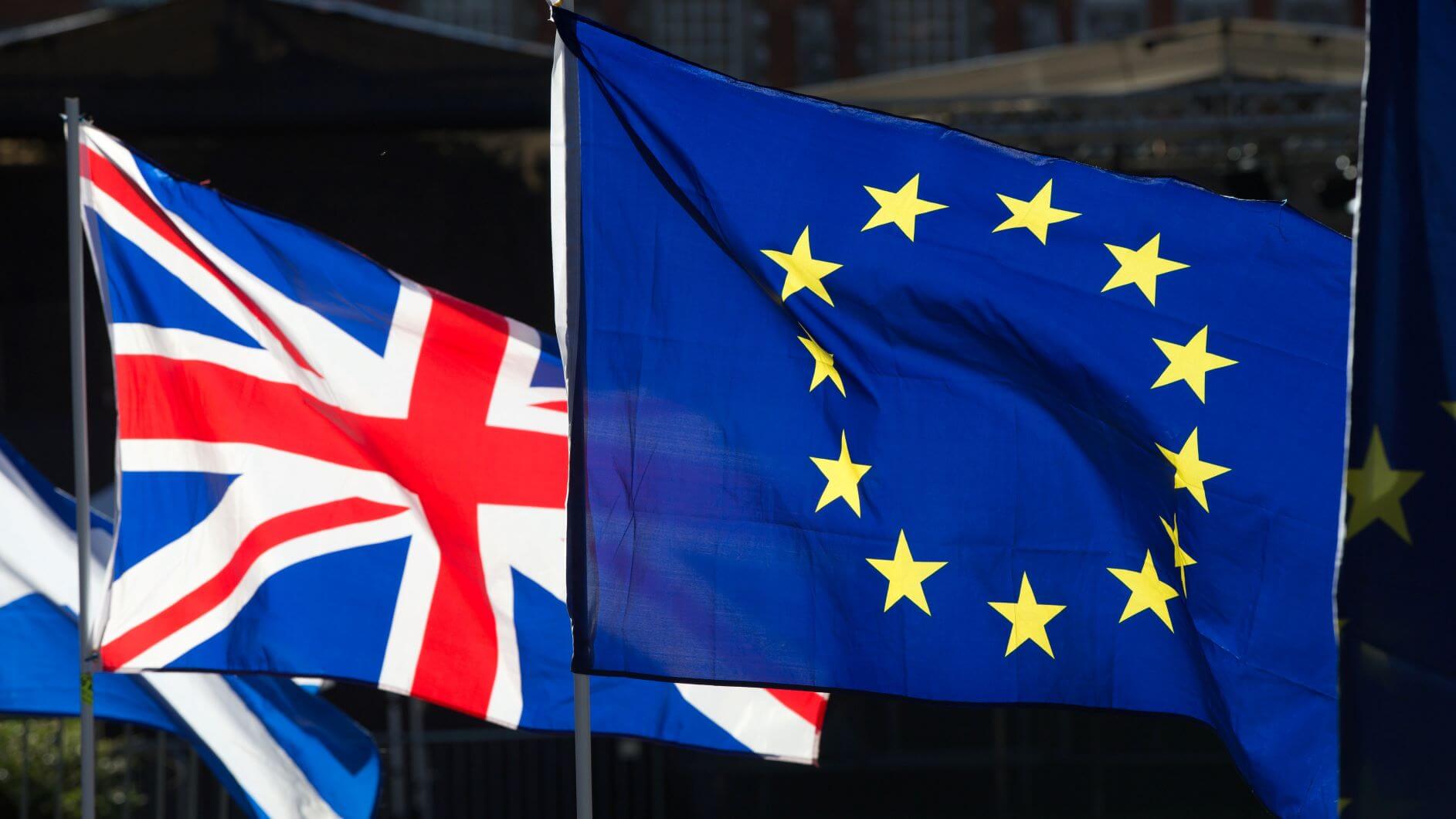
There has been a profound impact on businesses since the UK left the European Union. The referendum took place way back in 2016, and since then there was much to agree upon, with trade talks taken right to the wire.
The UK officially left the EU on 1st January 2020, with the free movement of people, goods and services across the borders coming to an end. However, an initial grace period was put in place and a final trade deal was agreed upon in December 2020. But what disruption and benefits, if any, have businesses seen in the months to follow?
Trading of goods
Leaving the single market and the custom union has had the biggest impact on businesses that trade between Great Britain and the EU, due to an increase in the amount of paperwork and ‘red tape’ now included.
Although it was agreed that there will be no additional tariffs, or limits on the goods passing over the borders, the completion of the paperwork and custom declarations has certainly prolonged the process. Depending on the type of product, companies now have to apply for certain licences and certificates, causing more disruption to trade.
This has been particularly troublesome for the trading of food, like fish, meat and cheese, which now require additional checks and paperwork, such as health certificates. With a longer time period for this to be carried out and waiting times increased, some companies have seen their food produce rotting at the borders.
The current issues apply for exports to the EU, and we are yet to see how this will impact the goods coming into Great Britain from the EU. A similar procedure has been delayed by the government and from the 1st July 2021, full checks and controls are due to begin for EU imports.
Employment changes
Businesses have not only had to tackle the physical transportation of goods, but have also had to contend with changes to other areas of their company. Everything from VAT payments to copyrights and trademarks, packaging and labelling to the transfer of personal data, have had some effect as a result of Brexit.
As part of the new agreement between the UK and EU, there are also changes in the way businesses can employ international workers. Adding more to the pile of paperwork, any non-UK citizen that is being employed in the country has to have a specific visa, with their employer also needing to be an approved employer sponsor. This certainly makes it a trickier process for businesses who rely on employing those from the EU.
Financial investors
When it comes to the financial markets, Brexit has had an impact on the strength of London’s stock exchange, whereas the certainty of the trade deal at the end of 2020 brought some stability to the main currency pairs.
From January 2021, Amsterdam surpassed London in becoming the largest financial trading centre in Europe. This is largely because financial services were not included in the Brexit deal, despite the fact that this industry generates around £135 billion in stock trading and is a huge part of the UK economy. The beginning of this year also saw over £5 billion of daily trade in shares leave the London stock exchange for the trading platforms in Paris and Amsterdam.
For the forex market, there seems to be some stability returned to the EUR/GBP currency pair, with the trade agreement concluding the previous turbulent and uncertain times. The GBP/USD currency pair had seen some incremental rises in January 2021, which implies that the dollar was slowly strengthening against the pound.
Some investors have turned to a contract for difference (CFD) broker, for example with Skilling forex trading, to potentially benefit from the volatility that Brexit has presented. CFD trading allows for the speculation on the value of the pound, as well as more exposure to sterling in the market.
Of course, other factors such as the ongoing pandemic, and the inauguration of Joe Biden, have also had an impact on the movement of major currency pairs. However, the effect of Brexit on the economy is expected to be slow and permanent, with an estimated shrinkage of 4.9% over the next 15 years, according to the research centre UK in a Changing Europe.
The future for businesses is still unclear, as the immediate effect of Brexit has certainly caused disruption, in all areas of business as well as across different sectors. With the aftermath of the coronavirus also in contention, it is possible that there are more difficulties yet to overcome, and a long recovery for businesses in the UK.
Thanks for signing up to Minutehack alerts.
Brilliant editorials heading your way soon.
Okay, Thanks!